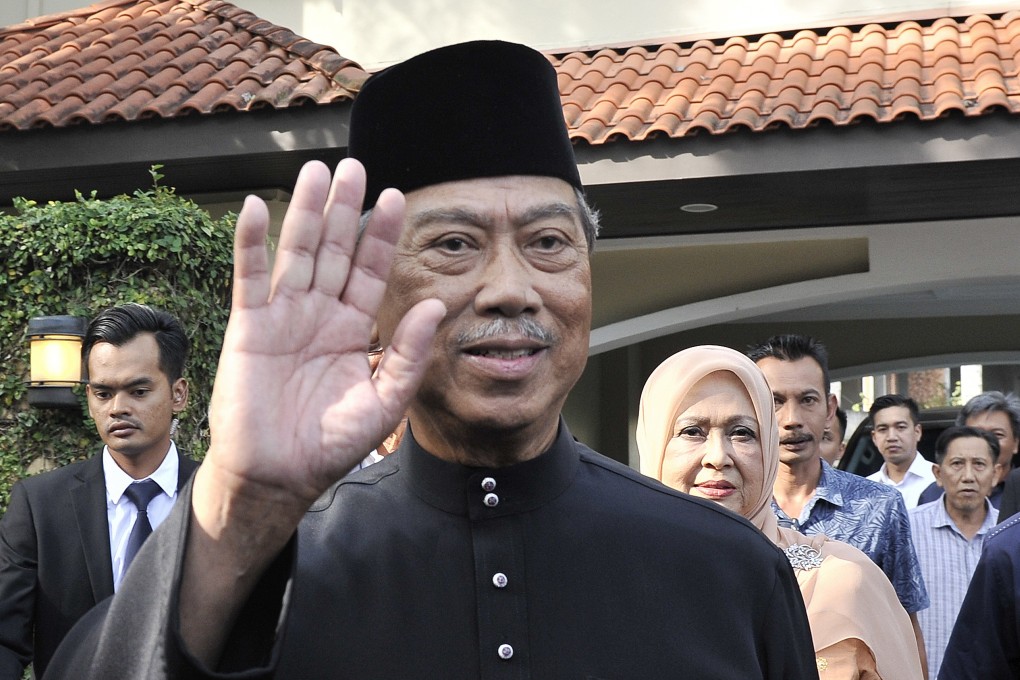Editorial | Region can ill-afford political upheaval bedevilling Malaysia
- Reforms to move the nation forward, not a scramble and struggle for power, should be the priority of the country’s leaders

China and the region count on Malaysian stability to ensure growth and development initiatives stay on track. But the economic security and pluralist government that Malaysians have hoped for since the corruption-tainted United Malays National Organisation (Umno) was ousted in 2018 after 61 years of continuous rule have been put at risk by unprecedented political uncertainty.
There is no resolution despite Muhyiddin Yassin being appointed as the new prime minister by the country’s king to end a week of turmoil prompted by the resignation of Mahathir Mohamad, who had refused to work with Umno’s tarnished politicians and had fallen out with his coalition partner, Anwar Ibrahim. Reforms to move the nation forward, not a scramble and struggle for power, should be the priority of Malaysia’s leaders.
Mahathir, 94, who had been the world’s oldest elected leader and previously prime minister from 1981 to 2003, has vowed to challenge the decision in parliament.
He called the appointment of Muhyiddin, who defected from the coalition last week and has allied himself with Umno, his former party, illegal and a betrayal.
But Mahathir’s resignation was widely perceived as being calculated to prevent a promised handing over of power to Anwar. The relationship is complex; Anwar has gone from Mahathir’s deputy in the 1990s to his nemesis and then coalition partner and is once more his rival.


